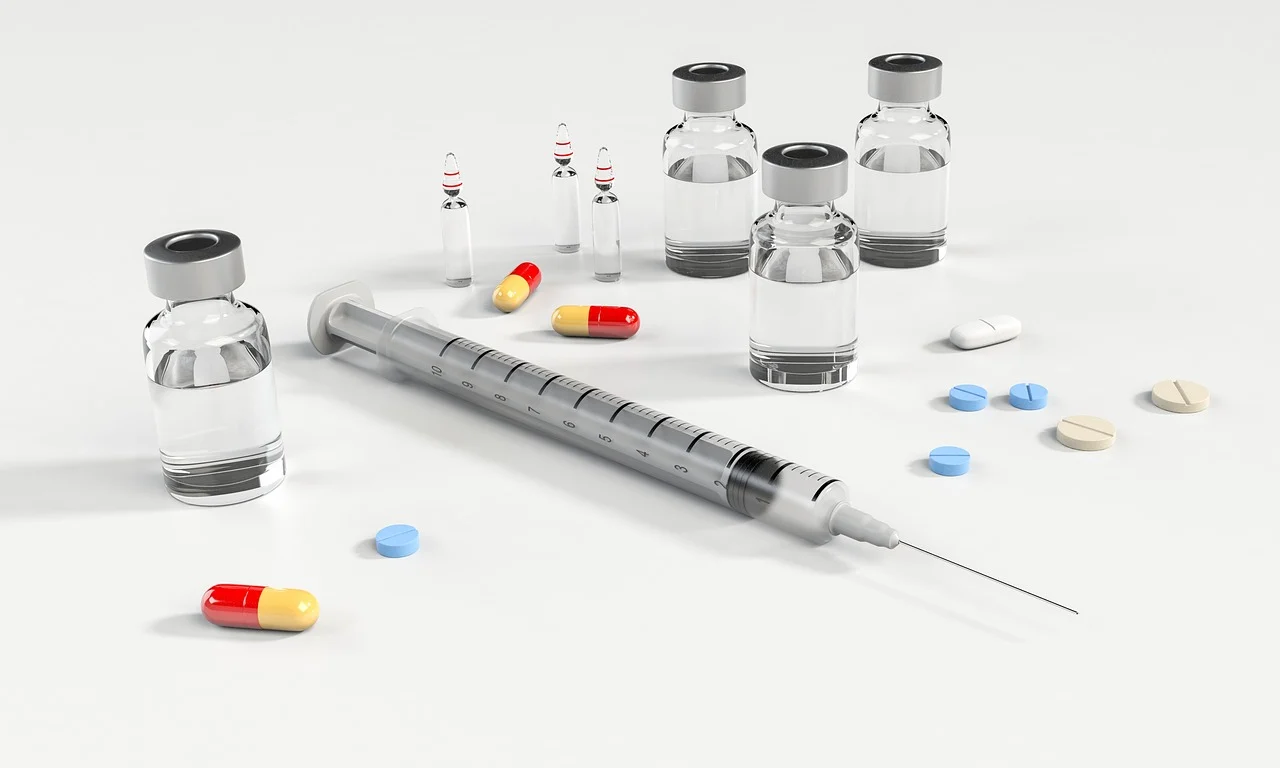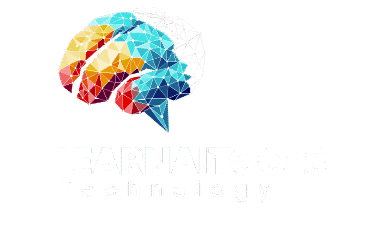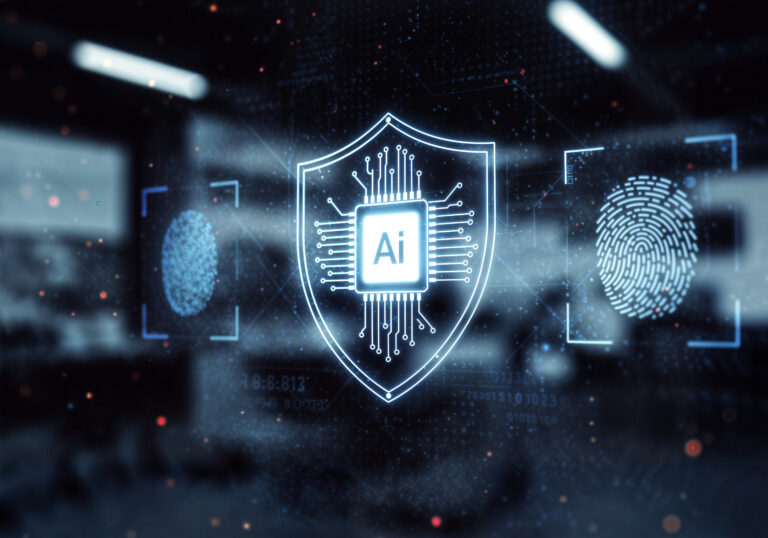
AI in Healthcare 2025: Revolutionizing Patient Care and Medical Innovation
AI in Healthcare 2025 is transforming the medical field by introducing intelligent solutions that enhance patient care, streamline diagnostics, and support treatment planning. With artificial intelligence and machine learning at the forefront, hospitals and clinics are now able to deliver precise medical insights, improve efficiency, and offer personalized care. This article delves into the latest developments, practical applications, benefits, challenges, and the future of AI in Healthcare in 2025.
Why AI in Healthcare 2025 Is Transformative
AI in Healthcare 2025 is changing the way healthcare providers manage patient care. Advanced AI algorithms can analyze large datasets, detect patterns, and predict patient outcomes with remarkable accuracy. By automating repetitive tasks and supporting clinical decision-making, AI reduces errors and enhances the quality of care.
The integration of AI in Healthcare 2025 also empowers doctors and researchers to make informed decisions based on real-time data. Hospitals can now optimize resources, monitor patient conditions remotely, and expand telemedicine services efficiently, improving healthcare access globally.
Healthcare 2025 for Diagnostics and Imaging
AI in Healthcare 2025 has revolutionized medical imaging and diagnostics. Cutting-edge AI systems can identify conditions such as cancer, cardiovascular diseases, and neurological disorders faster and more accurately than traditional methods. By analyzing imaging data, AI helps radiologists detect anomalies early, leading to timely interventions.
AI-assisted imaging tools provide second opinions, enhance diagnostic reliability, and reduce human workload. Hospitals implementing AI in diagnostics report faster results and increased accuracy, ensuring better patient outcomes.
Healthcare 2025 for Patient Care
AI in Healthcare 2025 enhances patient care by enabling personalized treatment plans. AI systems analyze patient history, genetic information, and lifestyle factors to recommend tailored therapies. This approach minimizes side effects and improves recovery rates.
Virtual assistants and AI-powered chatbots offer 24/7 support, scheduling, and health monitoring. Patients, especially in remote areas, benefit from AI-driven telehealth solutions, ensuring they receive timely medical advice and interventions.
Healthcare 2025 in Drug Development
AI in Healthcare 2025 is accelerating the drug discovery process. AI algorithms can simulate drug interactions, evaluate potential therapies, and predict effectiveness, reducing both time and cost.
Pharmaceutical companies use AI to streamline research and development, enabling quicker identification of promising treatments. Predictive modeling in AI in Healthcare 2025 ensures that experimental resources are allocated efficiently, speeding up the journey from lab research to patient care.
Healthcare 2025 and Predictive Analytics
AI in Healthcare 2025 leverages predictive analytics to forecast patient needs, hospital admissions, and disease outbreaks. By analyzing historical and real-time data, AI helps hospitals optimize staffing, prepare for emergencies, and allocate resources effectively.
Predictive analytics also supports preventive medicine by identifying high-risk patients and recommending proactive interventions. This shift from reactive to preventive healthcare improves population health outcomes.
Healthcare 2025 for Administrative Efficiency
AI in Healthcare 2025 simplifies administrative tasks, reducing burden on hospital staff. AI automates electronic health record management, appointment scheduling, billing, and compliance reporting.
Automation enhances operational efficiency, reduces errors, and allows healthcare professionals to dedicate more time to patient care. Hospitals adopting AI in Healthcare 2025 experience smoother workflows and reduced operational costs.
Healthcare 2025 for Remote Monitoring
AI in Healthcare 2025 enables continuous remote monitoring through wearable devices and connected health systems. AI analyzes patient data in real-time, detects abnormalities, and alerts healthcare providers immediately.
This technology is crucial for chronic disease management, post-surgical care, and elderly patients. Remote monitoring improves convenience, ensures timely interventions, and enhances patient outcomes without frequent hospital visits.
Challenges in AI in Healthcare 2025
Healthcare 2025 faces challenges such as data security, ethical considerations, and integration with existing systems. Protecting sensitive patient information is critical, and AI models must be transparent to avoid biased or unfair outcomes.
Moreover, implementing AI requires trained personnel and robust infrastructure. Despite these challenges, the benefits of AI in Healthcare 2025—enhanced accuracy, efficiency, and patient care—far outweigh the obstacles.
Future of AI in Healthcare 2025
Healthcare 2025 is set to further transform medicine with innovations in robotics, genomics, telemedicine, and personalized healthcare solutions. AI-assisted surgeries, real-time monitoring, and predictive diagnostics will become standard practice.
Collaboration among AI developers, clinicians, and regulators will ensure AI in Healthcare 2025 is ethical, safe, and accessible. This technology will continue to reduce healthcare costs, improve patient outcomes, and drive global medical innovation.
Conclusion: AI in Healthcare 2025 as a Driver of Innovation
AI in Healthcare 2025 is more than a technological advancement—it is a catalyst for improving global healthcare. From diagnostics and patient care to drug development, operational efficiency, and remote monitoring, AI is transforming every aspect of medicine.
Adopting AI in Healthcare 2025 is essential for healthcare providers, researchers, and medical institutions aiming to stay at the forefront of modern medicine. To explore more insights, tools, and updates on AI, visit Learn Ai Tools. By integrating AI solutions, hospitals can provide smarter, faster, and more equitable healthcare worldwide.




